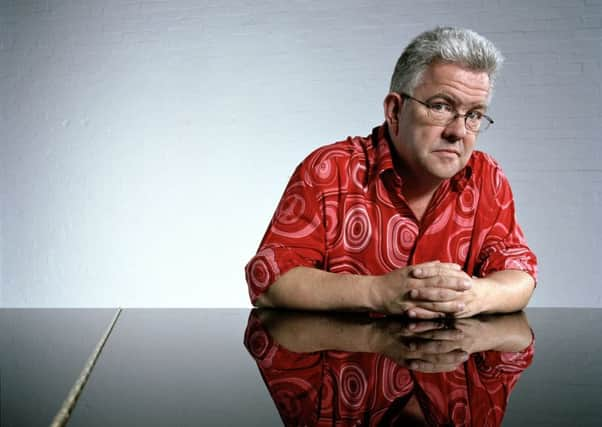Ian McMillan: I know my place


I’ve also been mulling on the phrase ‘reading the landscape’ since I read it in a magazine article recently; it’s a fascinating idea, that you can read a street or a village or a hill or a bit of coastline and try to work out what it means. I’ve come to the conclusion that reading a place means you work out your own personal map of the area through living there, or perhaps by being a frequent visitor.
So, when I was a young boy I read the streets of Darfield by way of the dogs I was scared of. On my way to school I would cross the road to avoid the yappy dog at number 98, and when I turned down the fields towards the school I would walk in a diagonal line to steer clear of a man who walked the big silent dog that shuffled along like a black cloud and which held me with its baleful eye. This meant that I had to leave for school several minutes before I needed to.
Advertisement
Hide AdAdvertisement
Hide AdI used to know the owner of a small bus company who always gave people directions using the medium of bus routes, which meant that they were often not as the crow flew, but as the double-decker trundled. People who like a drink of beer will direct you via pubs, even via shut down pubs: ‘You turn left at the new houses where The Red Lion used to be…’ People who like a drink of communion wine will direct you via churches, even via shut down churches; ‘You turn left at the carpet warehouse that used to be the Primitive Methodists…’ Ice-cream men will know a place by the best sites to stop to sell a cornet or two, and postmen and women will know all the shortcuts and all the best ginnels and snickets.
And the thing about these routes around the streets that you’ve read as a child is that you stick with them; the other day I found myself crossing the road where I used to cross the road so that I wouldn’t make the yappy dog yap, even though that particular yapper has been absent from the world for many years. The streets become like a story you once read that sticks with you, that echoes in your mind when you least expect it.
I’ll carry on reading the landscape, then; I’ll carry on directing people to turn left by the yapping dog, or where the yapping dog used to be.